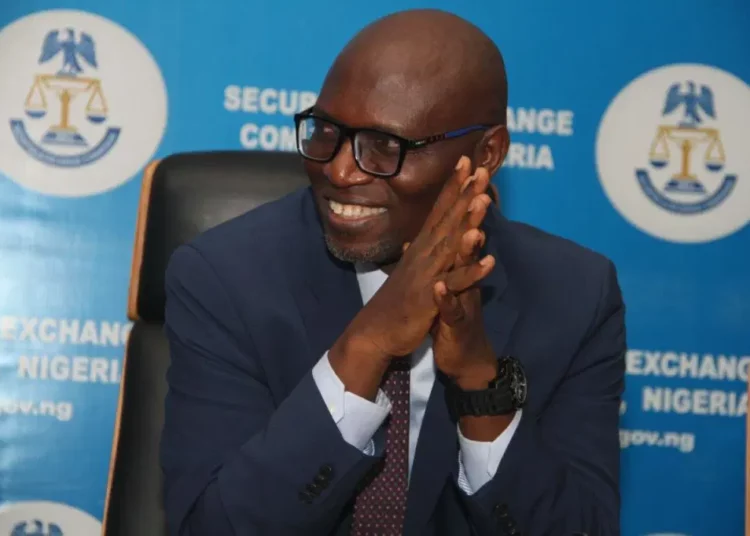Industry stakeholders have brainstormed on mobilising finance for industrialisation and sustainable development.
This was deliberated at the February 2025 public lecture on the theme ‘Financing Indigenous Firms for Industrialisation and Sustainable Development in Nigeria’ organised by Nigerian Institution of Industrial Engineers (NIIndE), a division of Nigerian Society of Engineers (NSE) held virtually.
The national chairman of NIIndE, Engr David Ozigi stated that “the theme of our January 2025 Lecture which is ‘Financing Indigenous Firms for Industrialisation and Sustainable Development in Nigeria’ is therefore designed to provide a platform to examine the critical role of finance in industrialisation and sustainable development.”
He said that sustainable industrial transformations require scaled-up, coordinated and ‘targeted’ public and private investments, saying that “industrialisation and structural transformation have been historic engines of economic and productivity growth, job creation and technological advancement and have laid the foundation for poverty reduction and a sustained mobilisation of domestic resources.”
“It is appropriate to acknowledge the fact that the Nigerian government has in the past implemented several policies and programmes aimed at bridging the financing gap for industrial projects, including targeted interventions for specific sectors such as textiles. We expect that today’s discussion will examine the challenges to industrial financing in Nigeria and proffer solutions,” Ozigi said.
The president/chairman-in-council, Engr. Margaret Aina Oguntala emphasised that “the theme of the event; financing indigenous firms for industrialisation and sustainable development is apt and I do not doubt that the speakers are going to do justice to this topic.”
Representing the managing director/CEO of Development Bank of Nigeria (DBN) Plc, Dr. Tony Okpanachi, the chief economist of the Bank, Prof. Joseph Nnanna, said that Nigeria is blessed with abundant human and natural resources, and has the potential to become a major global economic player.
He however said, “our nation faces significant challenges in unlocking that potential. One pressing issue we face as a nation is the lack of funding opportunities for our indigenous firms, particularly the ones that fall into the micro, small, and medium enterprises segment of our economy.”
Nnanna explained that Nigeria’s MSMEs comprise about 90 per cent of all businesses in the country and 87.9 per cent of employment, saying that it is essential to develop and utilise all available resources in any given economic context to drive industrialisation and, of course, ultimately support consumption through small and medium-sized enterprises.
He added that indigenous engineering firms have an important role to advancing industrialization as well, explaining that leveraging indigenous engineering and technology is crucial for transforming key sectors to foster wealth creation and developing competent, resourceful, and skillful manpower.
The managing director and chief executive officer of the Bank of Industry (BOI), Dr. Olasupo Olusi said that this theme highlights the urgent need to foster the growth of indigenous firms for progress and to ensure its sustainability.
According to Olusi, industrialization is the bedrock of thriving nations, and for Nigeria to achieve sustainable development, we must empower our indigenous firms to reach their full potential and compete globally.
He noted that President Bola Tinubu has set an ambitious vision for Nigeria’s economic growth, aiming for a $1 trillion GDP by 2030, saying achieving this goal requires sustained economic momentum and strategic interventions to support indigenous businesses.
“While our economy has shown resilience, with GDP at a probability of $384 billion and a 3.46 per cent growth rate, there are still opportunities to achieve higher targets.”
He pointed out that “carefully examining suitable financing options for this sector is crucial. We must ensure businesses in Nigeria have access to long-term, affordable financing that allows them to scale and modernise, creating job opportunities.”
Olusi stated further that BOI has been pivotal in addressing e-economy challenges through targeted interventions for MSMEs and large enterprises.
We’ve got the edge. Get real-time reports, breaking scoops, and exclusive angles delivered straight to your phone. Don’t settle for stale news. Join LEADERSHIP NEWS on WhatsApp for 24/7 updates →
Join Our WhatsApp Channel










